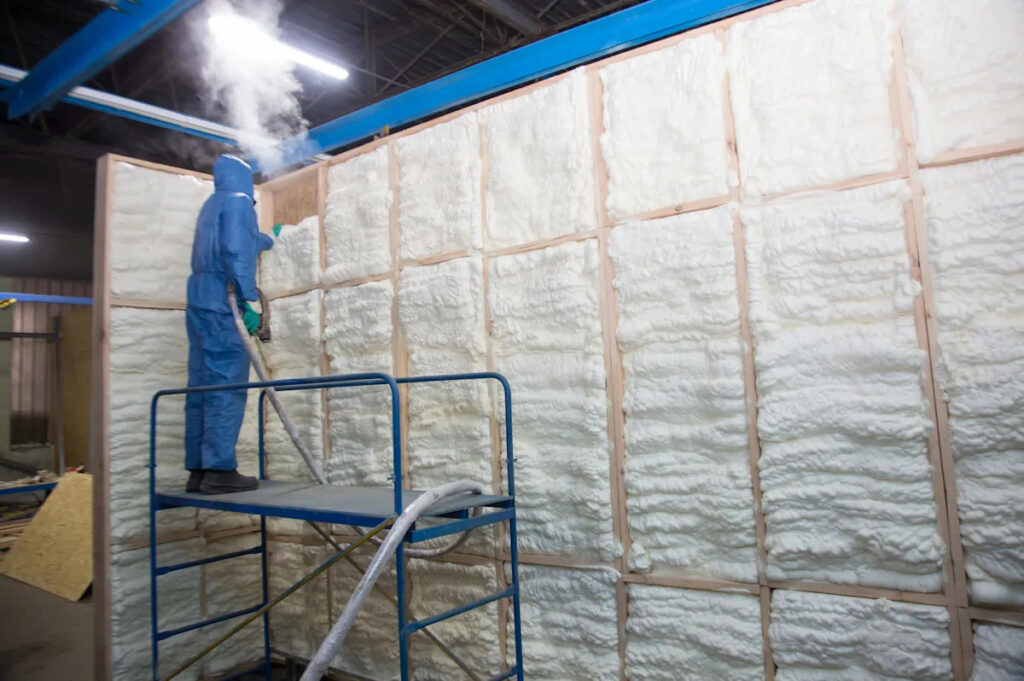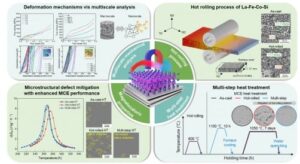
Researchers at the Hof University of Applied Sciences in Germany have developed an innovative insulation material made from mushrooms. This new product, known as Mycobuild, utilizes mushroom mycelium to create insulation boards that can potentially revolutionize the construction industry. The project, led by the Institute for Circular Economy of Bio:Polymers (ibp), aims to produce these materials for industrial use by March 2026.
Mushrooms native to Germany, including honeydew, fox bolete, and giant mushrooms, have been identified as effective components due to their energy efficiency. These species thrive at room temperature, eliminating the need for heating or cooling during their growth process. According to Dr. Katharina Wellmanns, a research associate at Hof University, the oyster mushroom stands out as a particularly strong candidate for this application. Its rapid growth and ability to form dense mycelium networks make it ideal for insulation.
The advantages of Mycobuild extend beyond energy efficiency. Traditional insulation materials, such as foam and fiberglass, are often made from plastic, which can take hundreds of years to decompose and can cause significant environmental harm when disposed of. In contrast, the cellulose insulation utilized in Mycobuild primarily consists of recycled paper, making it a more sustainable option. Dr. Robert Honke, the project leader, highlighted additional benefits: “They are compostable, store CO2, and require less energy to produce than conventional fossil-based insulating materials. They can also be shaped flexibly and are industrially scalable.”
The economic implications are noteworthy as well. By using less energy to produce this insulation, consumers could see a reduction in their energy bills, contributing not only to personal savings but also to broader environmental goals.
Despite these benefits, potential consumer skepticism remains a significant barrier. As Dr. Honke noted, “Many people might be skeptical about an insulation material that is based on fungi, as they fear that this could lead to mold problems in their homes.” To address these concerns, the research team is focused on developing a mineral top layer for the insulation, which could prevent mold growth and make the insulation waterproof.
As the project progresses, the team at Hof University is optimistic about the future of this eco-friendly insulation material. If successful, Mycobuild could serve as a groundbreaking solution for sustainable construction, not only in Germany but also on a global scale. The ability to use natural resources effectively and responsibly remains crucial as the world looks for innovative ways to reduce environmental impact and promote sustainability.





